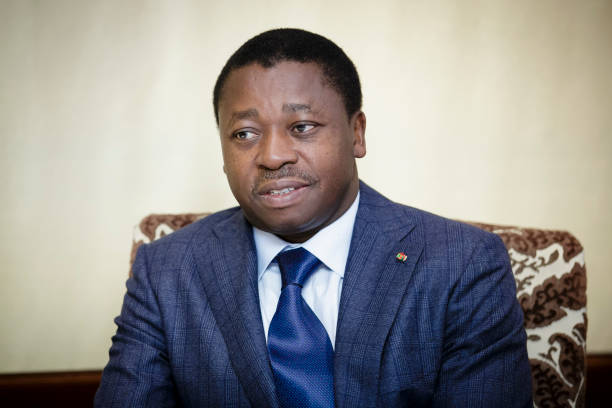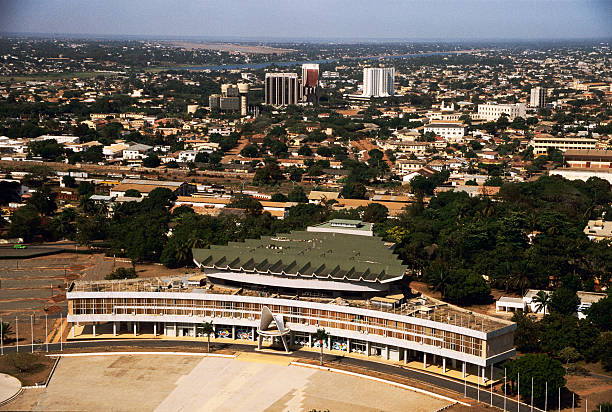The transition in the West African nation will shift from a presidential to a parliamentary system.
Advocates of President Faure Gnassingbé argue that the adjustments diminish his authority by converting the presidency into a ceremonial position.

However, the opposition contends that the reforms eliminate term limits, potentially extending President Gnassingbé’s tenure until 2031. They assert that thereafter, he would assume the newly created role of “president of the council of ministers,” essentially functioning as prime minister, thus perpetuating his family’s 57-year rule.
Gnassingbé has held power since 2005
President Gnassingbé ascended to power in 2005 following the passing of his father, who had held the presidency since 1967.
Although lawmakers ratified the constitutional amendments last month, Mr. Gnassingbé announced a pause in the reforms in response to growing public discontent, stating that further consultations would be conducted.

Minister of Human Rights Yawa Djigbodi Tségan expressed optimism that the initiative would “enhance democracy within the nation”.
However, Brigitte Kafui Johnson, leader of the opposition CDPA party and former presidential contender, criticized the proposed constitutional amendments as a “bid for increased power”.
“Don’t Touch My Constitution”- Opposition
In recent weeks, lawmakers supportive of the government have embarked on nationwide visits purportedly aimed at “engaging with and educating citizens on the constitutional reforms”.

These discussions primarily targeted customary leaders and select groups, yet no alterations were implemented following these engagements.
There exists a pervasive atmosphere of apprehension surrounding public expression of dissent, with concerns heightened due to the authorities’ crackdown on anti-government demonstrations.
Just last month, a press conference organized by the opposition under the slogan “Don’t Touch My Constitution” was forcefully dispersed by police wielding batons.
